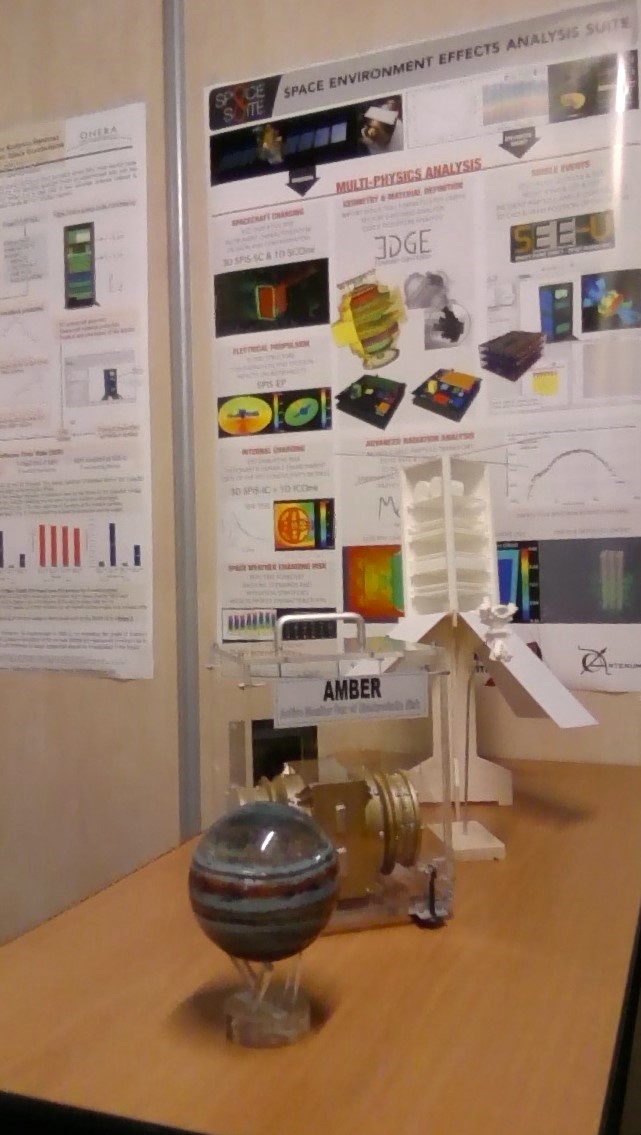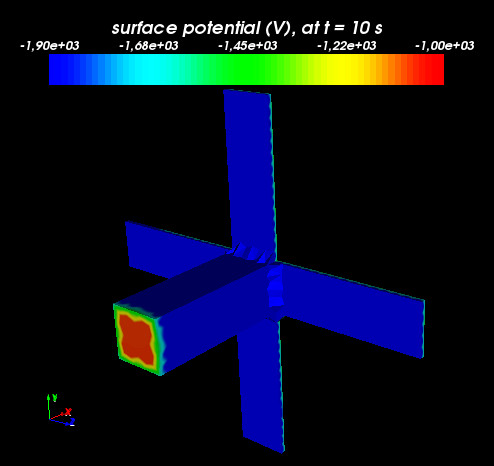The New Year is coming and the SpaceSuite team would like to propose a spring session for the “SPIS Training – Focus on Electric Propulsion”. This course will be held from March 25th to March 27th, 2019 at ONERA Toulouse (France).
This course will mainly focus on the modelling of electrical thruster plumes, including their effects on space systems, and the new capabilities of the last SPIS Release candidate version 6.0.0 available on SPIS website website, aka SPIS-EP.
The course is articulated into complementary subparts:
- Because electrical thruster modelling involves complex processes and detailed physics, a first part will aim to speed up the learning curve of new SPIS users, master the specificities of spacecraft surface charging modeling at GEO and LEO, and push further the understanding of the underlying physics
- Present in details the modelling capabilities related to electric propulsion effects of SPIS-EP and introduce to the related physical processes. Examples of application cases on Hall-effect thrusters will be presented and discussed in more details
The course will associate theoretical presentations and detailed practical works. This training is dedicated to both new and experienced SPIS users. However, it is outlined that involved mechanisms require a good knowledge in plasma physics and in the use of SPIS is strongly recommended.
This session will take place at ONERA Toulouse
2 avenue Edouard Belin,
31000 Toulouse
FRANCE
Also note that for this training course, an early bird discount will be offered. Any registration ordered before the 11th of February 2019 will benefit from a 10% discount. Registration will be closed on the 11th of March 2019.
Please note that in order to provide a quality training with more instructor-student interaction, the total number of attendees per session is limited. Fee reductions are offered for group registration of several students to the same session, provided that they are submitted on the same order. The fee includes lunches, coffee breaks and access to computers for the training. Travelling and accommodation are at the student’s expense.
Feel free to contact us to obtain our Detailed Offer and Pricing (DOP) document.
Important dates:
| Early bird registration deadline | February 11, 2019 |
| Registration deadline | March 11, 2019 |
| Training dates | March 25-27, 2019 |


